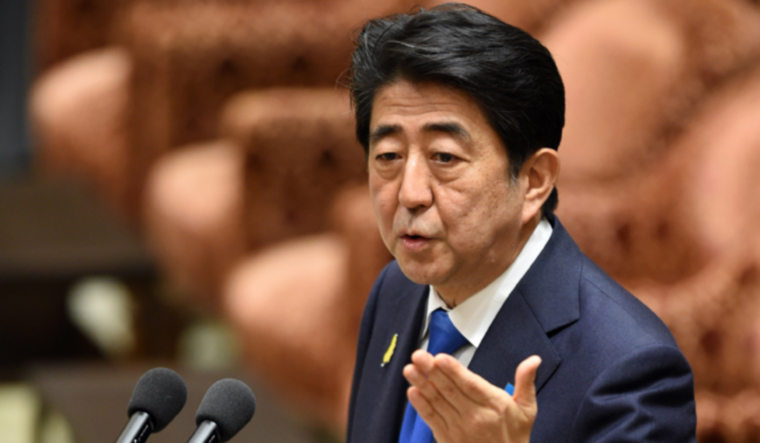It has been 73 years since Japan's surrender marking the end of World War two. And on Victory in the Pacific day, as the day is also known as, Emperor Akihito, in his last appearance as reigning monarch at an annual ceremony marking the occasion, expressed "deep remorse" over the conflict, while Prime Minister Shinzo Abe vowed never to repeat the horrors of war. At least 60 million people died have died during the war.
PM Abe sent a ritual offering to Tokyo's controversial Yasukuni Shrine for war dead, but did not visit in person out of apparent consideration for ties with Seoul and Beijing. Past visits by Japanese leaders to Yasukuni have outraged China and South Korea because the shrine honours 14 Japanese wartime leaders convicted as war criminals by an Allied tribunal, along with war dead.
Japan occupied Korea from 1910-1945 and bitter memories still rankle. Akihito, 84, who will abdicate next year, has carved out a role as a symbol of peace, democracy and reconciliation during
his three decades on the throne, visiting wartime battlefields to pray for war dead of all nationalities. His remarks on Wednesday echoed those he first spoke on the 70th anniversary of the war's end.
The prime minister said that future generations of Japanese should not have to keep apologising for the conflict. Separately, a group of about 50 conservative Japanese lawmakers including Shinjiro Koizumi, the popular son of former prime minister Junichiro Koizumi, paid their respects at Yasukuni.
Abe has only visited the shrine in person once since taking office in 2012. His December 2013 visit angered China and South Korea and prompted an expression of disappointment from ally the United States. Since then, he has sent offerings on August 15 and Yasukuni's bi-annual festivals.
Akihito's father, Emperor Hirohito, in whose name Japanese fought World War Two, stopped visiting Yasukuni after the wartime leaders were first honoured by the shrine in 1978, and Akihito does not pay his respects there.

